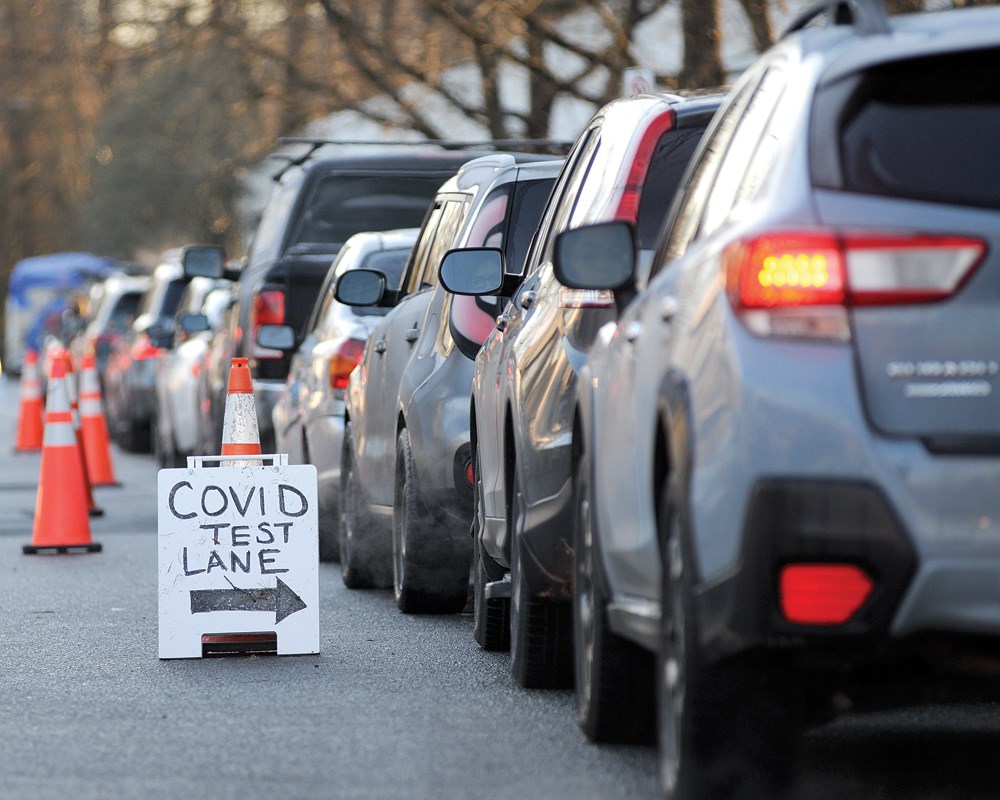Lockdowns only reduced COVID deaths by 0.2 per cent, Johns Hopkins study finds
'We find no evidence that lockdowns, school closures, border closures, and limiting gatherings have had a noticeable effect on COVID-19 mortality'
A new study out of Johns Hopkins University is claiming that worldwide pandemic lockdowns only prevented 0.2 per cent of COVID-19 deaths and were “not an effective way of reducing mortality rates during a pandemic.”
“We find no evidence that lockdowns, school closures, border closures, and limiting gatherings have had a noticeable effect on COVID-19 mortality,” reads
the paper , which is based on a review of 34 pre-existing COVID-19 studies.
Given the “devastating effects” that lockdowns have caused, the authors recommended they be “rejected out of hand as a pandemic policy instrument.”
In both Europe and the United States, researchers found that a lockdown could only be expected to bring down mortality rates by 0.2 per cent “as compared to a COVID-19 policy based solely on recommendations.” For context, 0.2 per cent of total Canadian COVID-19 fatalities thus far is equal to about 70 people.
The impact of border closures was found to be even less effective, with death rates only going down about 0.1 per cent.

 ottawa.ctvnews.ca
ottawa.ctvnews.ca










